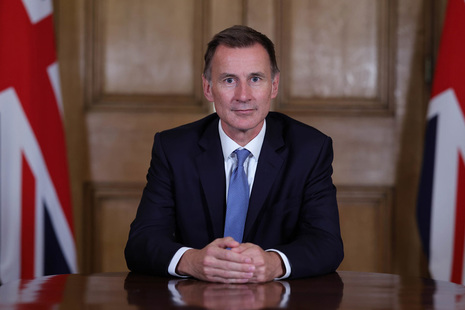In the land-based and retail gaming industry, many businesses have faced enormous pressure from the cost of energy. In August, industry trade body the Betting and Gaming Council (BGC) called on the government to tackle the escalating prices, for its potentially “catastrophic” impact on industry.
The budget received a mixed reception from the industry. John White, CEO of Bacta praised some aspects of the government’s plan – but criticised steps that were not taken.
“We welcome the chancellor’s commitment to enterprise and growth and whilst the 100% capital allowances and the increased investment allowance will provide some help to our hard-pressed sector, this was a missed opportunity to adjust some key unfairness in our tax regime,” said White.
White also lamented the missed opportunity to reform gaming tax structure.
“Jeremy Hunt should have allowed operators paying Machine Game Duty (MGD) to reclaim VAT and to simply adjust the MGD tax boundaries to allow some lower stake machines to pay 5% instead of 20% tax,” he said. “Hopefully, the help with childcare will provide a boost to the labour market as we, like many other sectors, are struggling to recruit and retain staff.”
Energy bills
Since the outbreak of the war in Ukraine, energy bills throughout Europe have spiked in response to curtailing in the supply of natural gas from Russia. In September, the government announced the energy bill relief scheme – which capped the energy bills for non-domestic users by setting a guaranteed wholesale price.
This programme was set to expire at the end of March, to be replaced by the energy bill discount scheme – which was far less generous that the previous scheme. Under the new system, there will be no price cap, with businesses instead only offered a discount if energy prices breach a certain threshold.
In the spring budget, the chancellor has opted to extend energy relief for households beyond the April date when the scheme was set to expire, for an additional three-months. However, this has not been extended to business, who will go on past March with no assurances of a price cap.

Spring budget
The chancellor also confirmed the rise in business tax from 19% to 25%, which was first announced in the Autumn, and is set to take effect from April.
Hunt also announced a new system of “full expensing” wherein businesses that invest in the UK will be able to write-off the full cost of their investment against their tax bills. While the initial programme is set to last three years, the government “intends to make this measure permanent when fiscal conditions allow.”
Original article: https://igamingbusiness.com/finance/spring-budget-energy-relief-will-not-be-extended/













